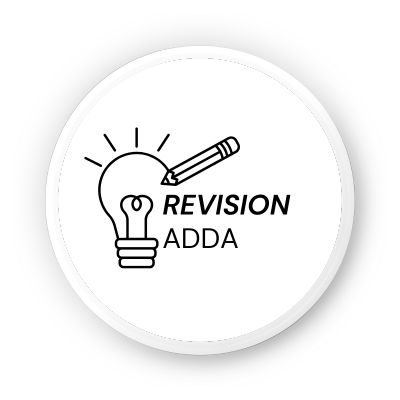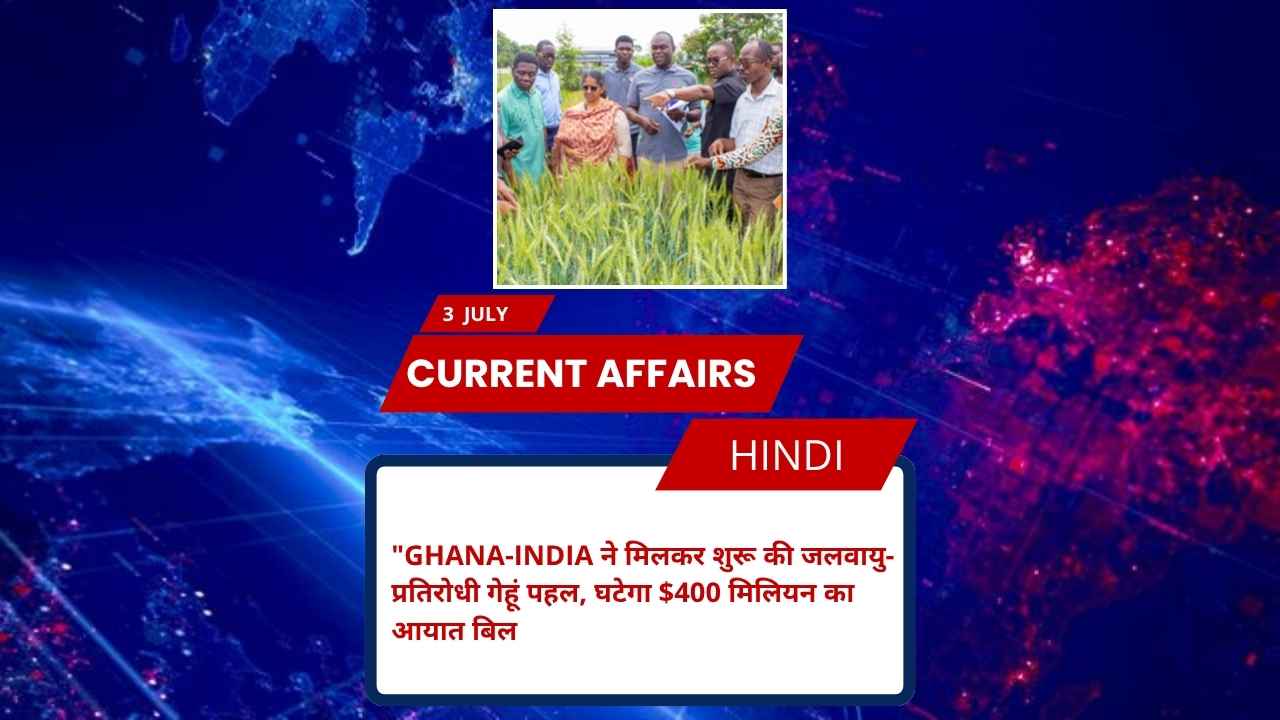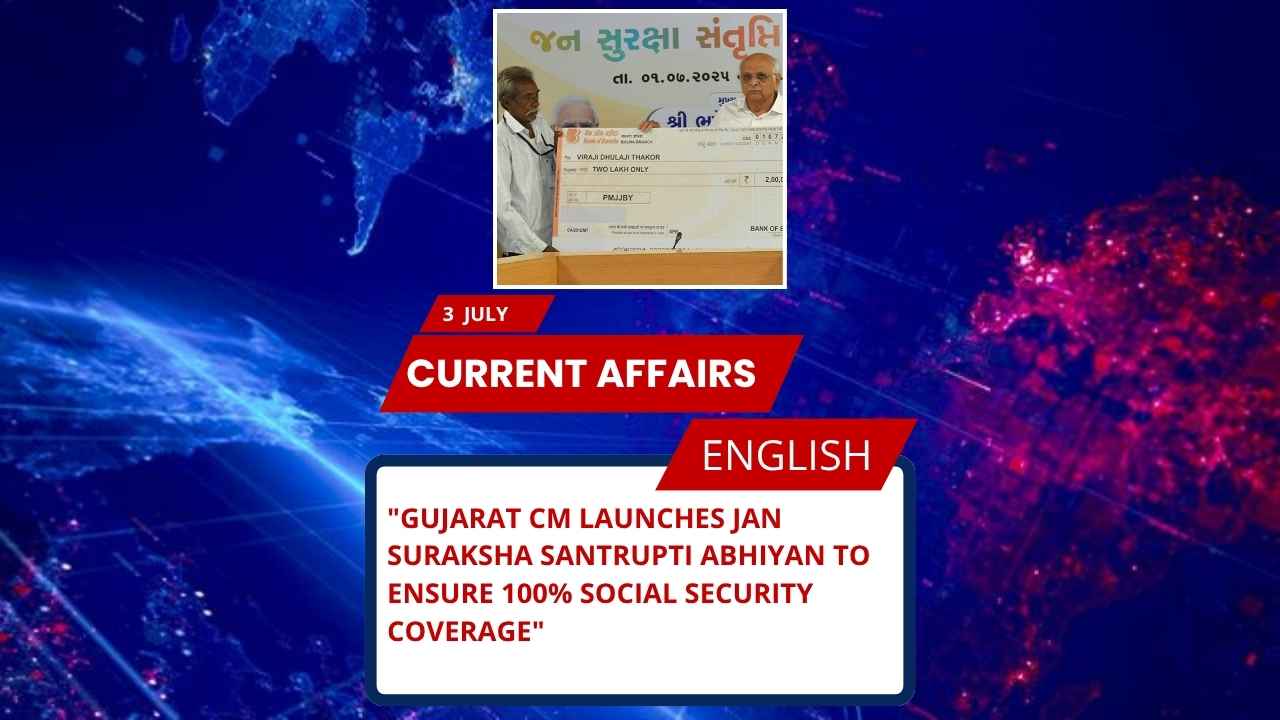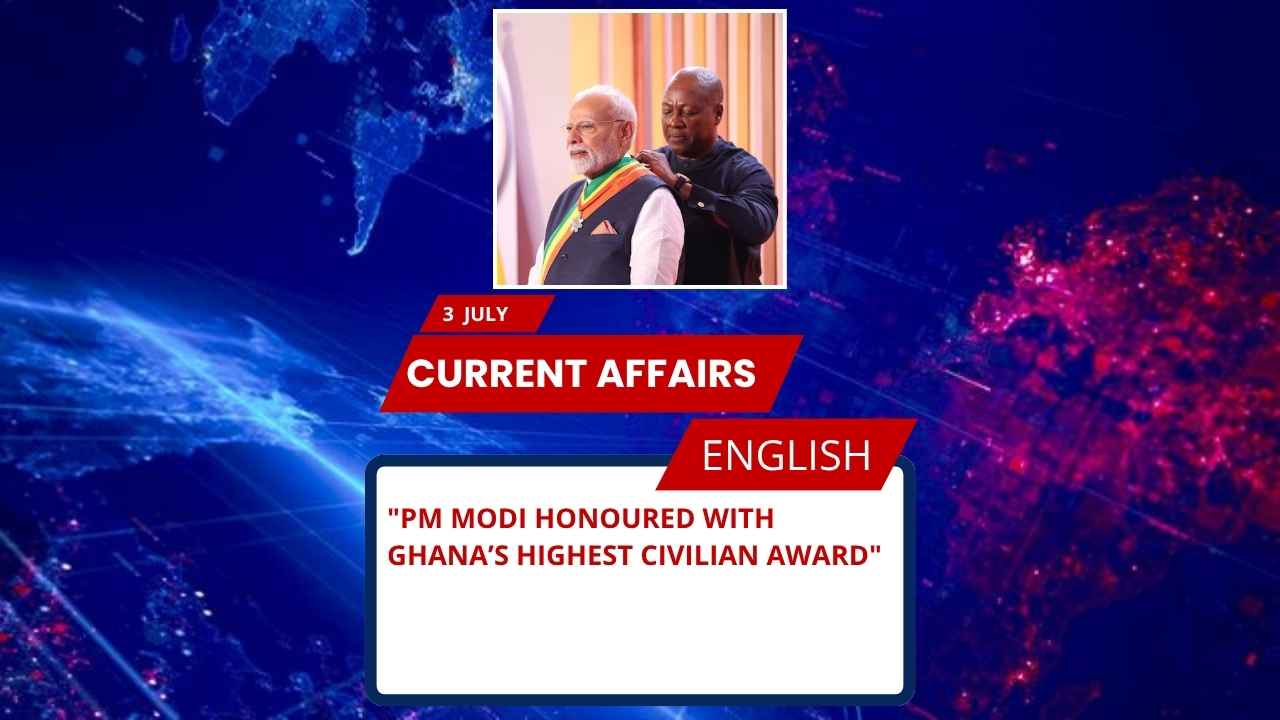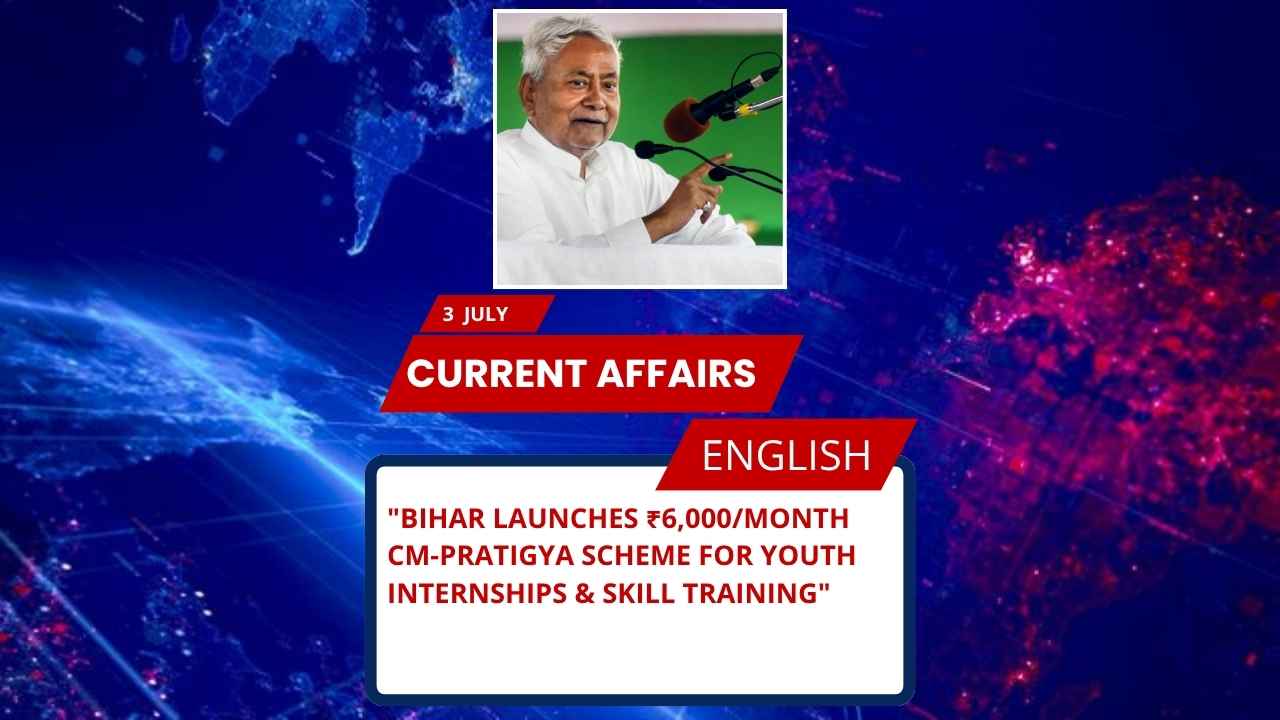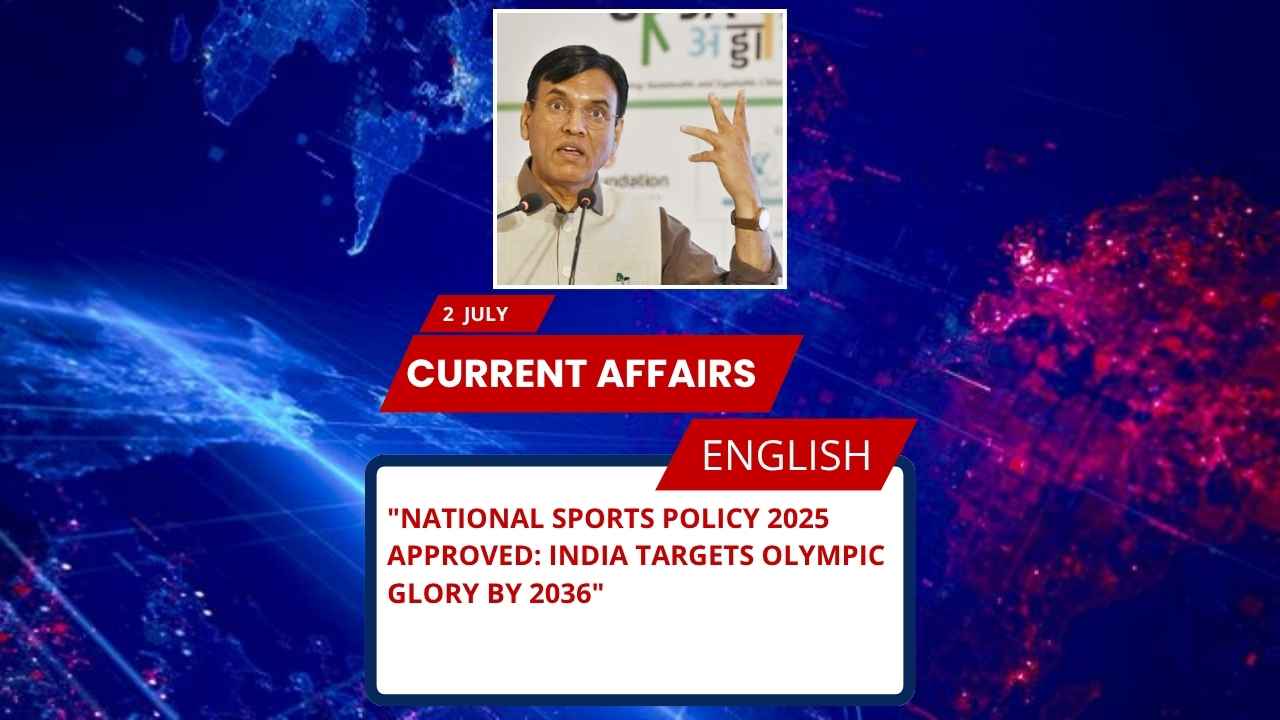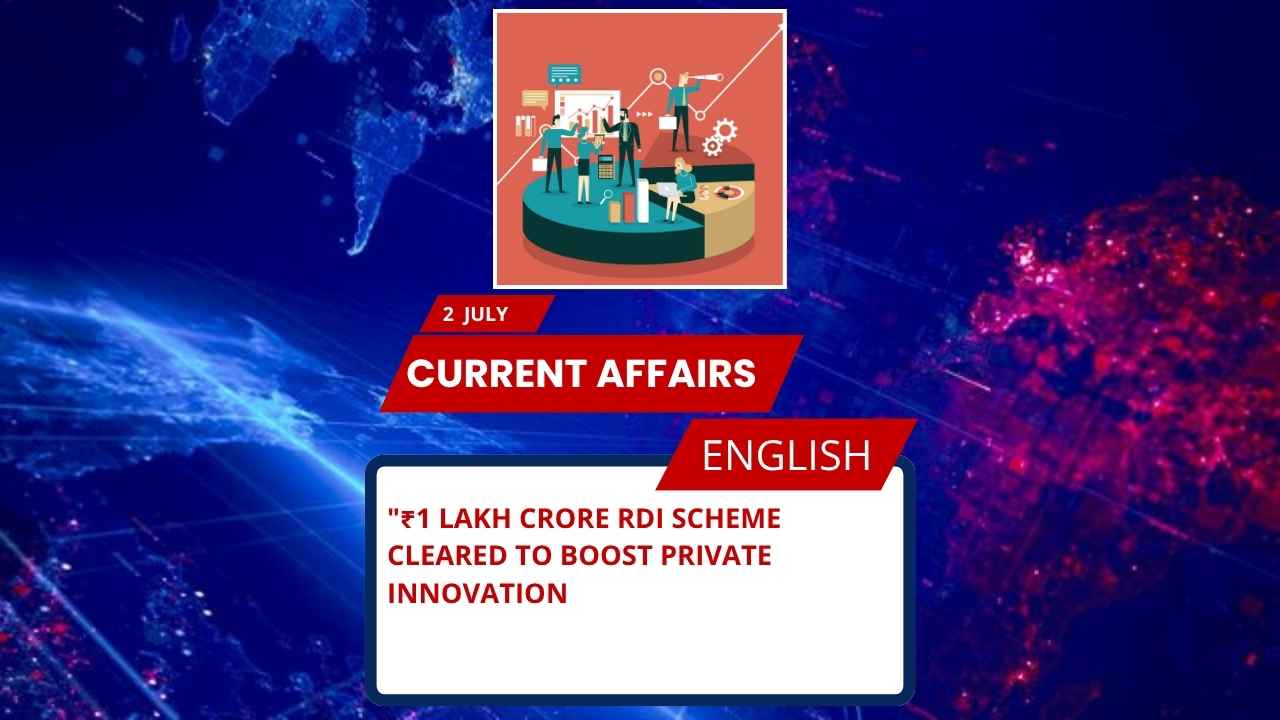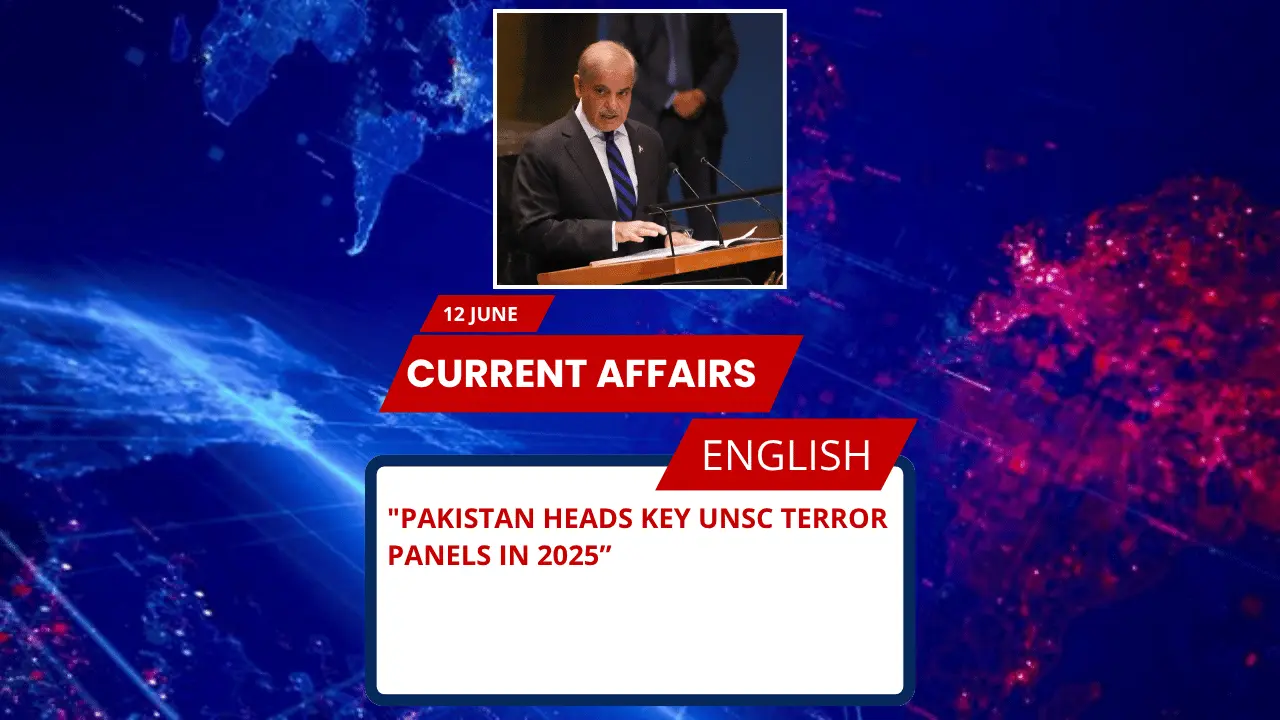
Pakistan Heads Major UNSC Committees (2025-26)
Key Points for SSC, UPSC & Other Govt Exams
- Pakistan elected as a non-permanent member of UNSC (2025-2026).
- Appointed Chair of the 1988 Taliban Sanctions Committee.
- Holds Vice Chair position in the 1373 Counter-Terrorism Committee (CTC).
- Also Co-Chair of 2 UNSC informal working groups.
- These roles are procedural, not power-driven.
- India previously chaired three key UNSC committees (2021-22).
- Pakistan will hold rotational UNSC Presidency in July 2025.
About the United Nations Security Council (UNSC)
- UNSC is one of the six principal organs of the United Nations.
- It is responsible for maintaining international peace and security.
- 15 members – 5 permanent and 10 elected non-permanent.
- Permanent Members: USA, UK, France, China, Russia.
- Non-permanent members are elected for 2 years.
Detailed Update: Pakistan’s Strategic Entry in UNSC Roles
Pakistan’s Entry into UNSC Subsidiary Committees
In June 2025, about a month after Operation Sindoor, Pakistan assumed strategic roles in the UNSC. It was appointed:
- Chair of the 1988 Taliban Sanctions Committee (TSC)
- Vice Chair of the 1373 Counter-Terrorism Committee (CTC)
- Co-Chair in two informal working groups under UNSC
This comes after Pakistan was elected as a non-permanent member of the UNSC from the Asia-Africa group.
Why Did Pakistan Get These Positions?
As per Article 28 of the UN Charter, all UNSC members (including non-permanent ones) are part of subsidiary committees. Since permanent members avoid chairing sanctions committees (to prevent conflict of interest), non-permanent members usually fill these roles.
Thus, Pakistan’s chairmanship was procedurally inevitable, not politically gifted.
What is the Role of the 1988 Taliban Sanctions Committee?
- Formed under UNSC Resolution 1988
- Monitors sanctions on over 130 individuals/entities linked to the Taliban
- Enforces asset freezes, travel bans, and arms embargoes
- The Chair cannot unilaterally add or remove any sanctioned individual – decisions are consensus-based
What Does the 1373 Counter-Terrorism Committee (CTC) Do?
- Formed post-9/11 under UNSC Resolution 1373
- Focuses on:
- Preventing terror financing
- Denying safe havens to terrorists
- Building state capacities through technical assistance
- Does not investigate attacks or designate terrorists
- Pakistan’s Vice Chairmanship holds technical, not punitive power
What Does This Mean for India?
India need not worry immediately, because:
- These roles are largely procedural, not decision-making.
- Pakistan cannot harm Indian interests directly through chairmanship.
- Any decision (such as sanctions) must be approved unanimously by all 15 members.
However, during its rotational UNSC Presidency in July, Pakistan might:
- Attempt to raise Kashmir issues (as done in 2013)
- Use procedural powers to convene meetings aligned with its agenda
But again, this does not carry substantive authority.
Special Facts: Know the Key Organizations Involved
United Nations Security Council (UNSC)
- Headquarters: New York, USA
- Established: 1945
- Members: 15 (5 Permanent + 10 Non-Permanent)
- Permanent Members: USA, UK, Russia, France, China
- India’s Last Membership: 2021-2022
- Pakistan’s Current Membership: 2025-2026
MCQs Based on the Topic
Q1. Which of the following committees is Pakistan currently chairing in the UNSC (2025-26)?
A. 1267 Al-Qaeda Sanctions Committee
B. 1988 Taliban Sanctions Committee
C. 1970 Libya Sanctions Committee
D. 1265 Human Rights Committee
Answer: B. 1988 Taliban Sanctions Committee
Q2. What is the primary function of the 1373 Counter-Terrorism Committee?
A. Conducting military operations against terrorists
B. Investigating global terror attacks
C. Building capacity in states to counter terrorism
D. Blacklisting countries supporting terrorism
Answer: C. Building capacity in states to counter terrorism
Q3. Which of these statements is TRUE regarding UNSC subsidiary bodies?
A. Permanent members usually chair them
B. Chairmanship brings absolute power
C. Decisions are made by majority vote
D. Non-permanent members usually chair them
Answer: D. Non-permanent members usually chair them
Q4. In which month of 2025 will Pakistan hold the UNSC Presidency?
A. January
B. March
C. July
D. October
Answer: C. July
Q5. Under which resolution was the 1373 CTC created?
A. UNSC Resolution 1267
B. UNSC Resolution 1988
C. UNSC Resolution 1373
D. UNSC Resolution 1947
Answer: C. UNSC Resolution 1373
What to Remember for Exams?
- Chairing a UNSC Committee is mostly procedural.
- Consensus model limits individual country’s influence.
- UNSC roles do not give direct power to impose decisions.
- India and Pakistan both have previously chaired committees.
- Rotational Presidency can be used politically, though without binding authority.
Read full article on Indian Express
